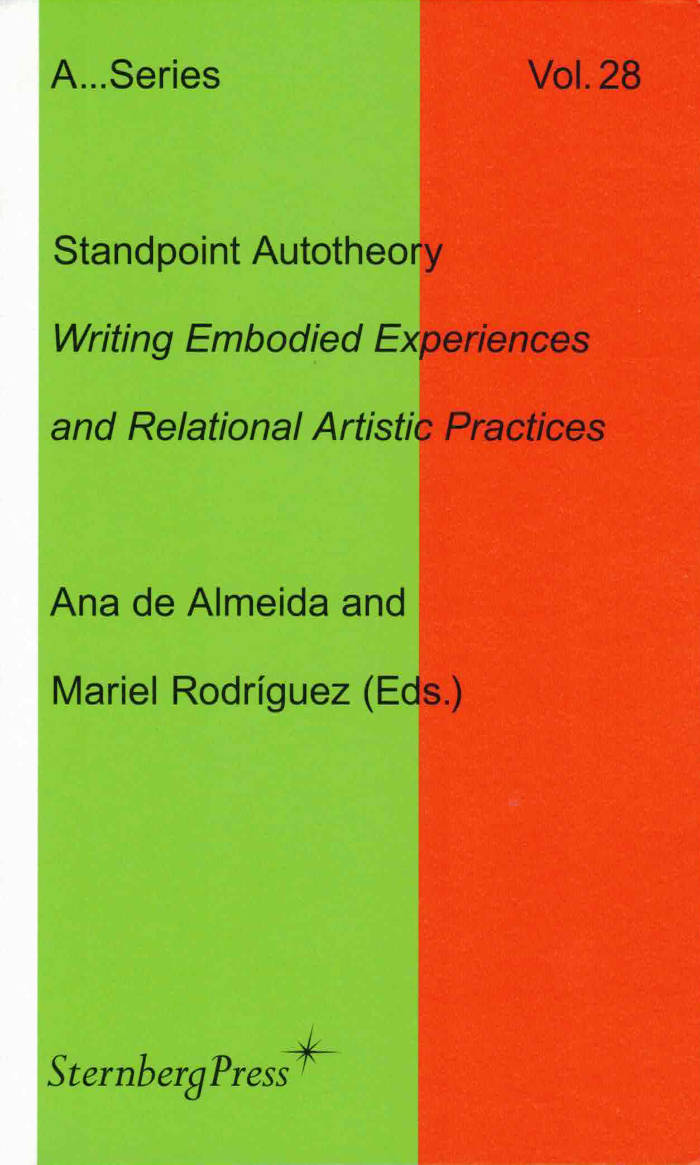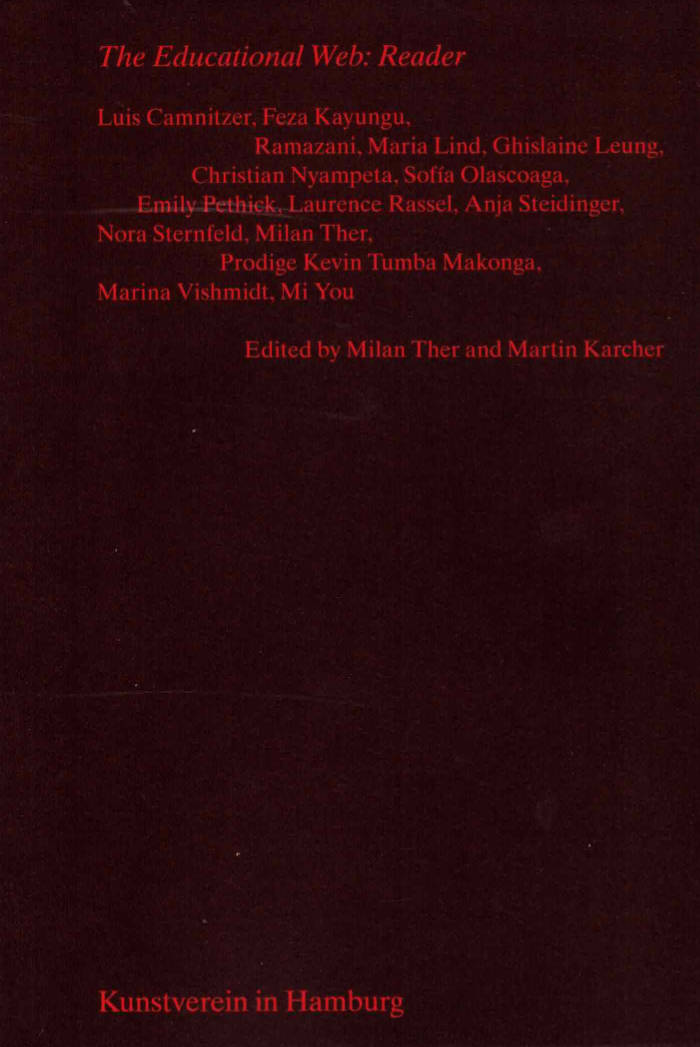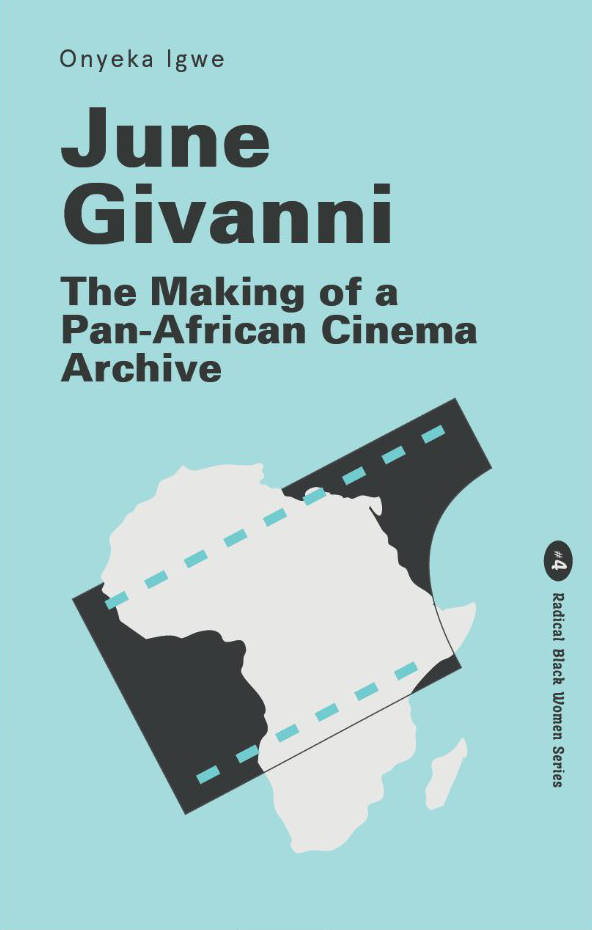
The Black Technical Object – On Machine Learning and the Aspiration of Black Being
A contemplation on the abstruse nature of machine learning, mathematics, and the deep incursion of racial hierarchy.
This book aims to introduce the history of statistical analysis and a knowledge of sociogenesis—a system of racism amenable to scientific explanation—into machine learning research as an act of impairing the racial ordering of the world. While machine learning—computer programming designed for taxonomic patterning—provides useful insight into racism and racist behavior, a gap is present in the relationship between machine learning, the racial history of scientific explanation, and the Black lived experience. Ramon Amaro explores how the history of data and statistical analysis provide a clear (and often sudden) grasp of the complex relationship between race and machine learning. Amaro juxtaposes a practical analysis of machine learning with a theory of Black alienation in order to inspire alternative approaches to contemporary algorithmic practice. In doing so, Amaro offers a continuous contemplation on the abstruse nature of machine learning, mathematics, and the deep incursion of racial hierarchy.
Ramon Amaro is Lecturer in Art and Visual Cultures of the Global South at University College London. His writing, research and practice emerge at the intersections of Black Study, psychopathology, digital culture, and the critique of computation reason.







